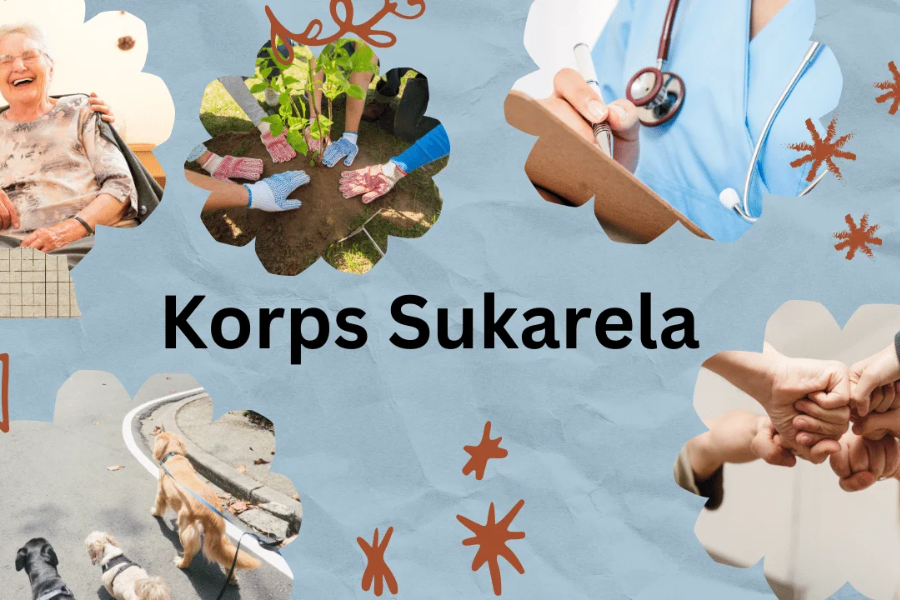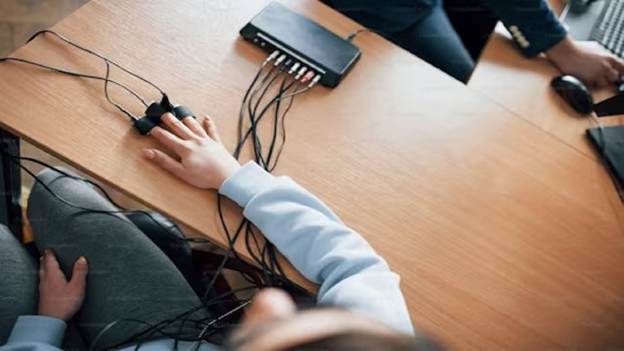Korps Sukarela: A Pillar of Volunteerism in Indonesia
Korps Sukarela, often translated as the Volunteer Corps, is a vital component of Indonesia’s community welfare framework. With its roots deeply embedded in the nation’s culture of bayanihan, or communal cooperation, Korps Sukarela plays a significant role in responding to emergencies, disasters, and community needs. The organization is built on the spirit of selflessness and dedication, aiming to improve the lives of those affected by natural calamities, social challenges, and various forms of distress.
Origins and Purpose of Korps Sukarela
The term “Korps Sukarela” itself originates from Indonesian, emphasizing the concept of voluntary service. It reflects a tradition that has been part of Indonesian society for centuries, where individuals come together to support each other in times of need. Historically, such forms of cooperation were informal, relying on local community efforts to provide assistance during calamities such as floods, earthquakes, or other emergencies.
In modern Indonesia, Korps Sukarela has become a structured and formalized institution aimed at enhancing these communal efforts. It was established as a response to the growing need for organized assistance, especially in the wake of natural disasters like the 2004 Indian Ocean tsunami and other large-scale emergencies. The organization brings together individuals from various backgrounds who are committed to volunteering their time, skills, and resources to benefit others.
Core Objectives of Korps Sukarela
- Disaster Response and Emergency Assistance: One of Korps Sukarela’s primary functions is to provide immediate relief and assistance during natural disasters such as earthquakes, floods, and volcanic eruptions. They are often the first to respond, offering vital support like search and rescue operations, emergency shelters, food distribution, and medical aid.
- Community Development and Welfare Programs: Beyond disaster relief, Korps Sukarela also contributes to long-term community development. They engage in initiatives aimed at improving infrastructure, promoting health and hygiene, and raising awareness about issues like poverty and environmental conservation.
- Capacity Building and Training: The organization focuses on building the skills and knowledge of its volunteers. Training sessions on disaster preparedness, first aid, emergency response, and community leadership help volunteers become more effective in their roles and better equipped to handle emergencies.
- Public Awareness and Education: Korps Sukarela plays a key role in educating communities about disaster preparedness, encouraging proactive measures to minimize risks and increase resilience. Through campaigns, workshops, and outreach programs, they aim to empower individuals and communities to take charge of their own safety.
Structure and Membership
Korps Sukarela operates at both the national and regional levels, ensuring that assistance is tailored to the specific needs of different communities across Indonesia. The organization is supported by both the government and various non-governmental organizations (NGOs), contributing to its credibility and capacity.
Membership
Membership in Korps Sukarela is open to anyone willing to contribute their time and skills. Volunteers come from diverse backgrounds, including students, professionals, retirees, and local residents. There are no strict requirements for joining, only a commitment to serve and make a positive impact.
Members undergo rigorous training and are often assigned to specific units based on their expertise. These units include search and rescue, medical services, logistics, and community outreach. The diversity of skill sets among members enhances Korps Sukarela’s ability to respond effectively to different types of emergencies and challenges.
Organizational Structure
At the national level, Korps Sukarela is managed by the Indonesian Red Cross (Palang Merah Indonesia, PMI), which provides strategic oversight, funding, and coordination. At the regional level, provincial and district chapters are responsible for implementing Korps Sukarela activities, ensuring they are tailored to the unique needs of their areas.
Impact of Korps Sukarela
Korps Sukarela has made a significant impact on the lives of countless Indonesians. Their efforts have contributed to saving lives, reducing suffering, and helping communities recover faster after disasters.
- Disaster Response: During major disasters like the 2004 Indian Ocean tsunami, Korps Sukarela played a crucial role in search and rescue operations, medical assistance, and rebuilding efforts. Their presence was vital in reducing the immediate suffering of affected populations and ensuring that relief efforts were both timely and effective.
- Community Resilience: By fostering a culture of preparedness, Korps Sukarela has strengthened the resilience of Indonesian communities. Their training programs help people prepare for emergencies and mitigate the impacts of natural disasters, thereby reducing future risks.
- Support for Marginalized Communities: Korps Sukarela works to uplift marginalized communities by providing healthcare services, educational programs, and economic empowerment initiatives. These efforts contribute to sustainable development and long-term improvement in the quality of life for many Indonesians.
- Cultural and Social Impact: Beyond immediate emergency response, Korps Sukarela has also contributed to social cohesion. By bringing people together to work towards common goals, they strengthen communal bonds and foster a spirit of cooperation, which is deeply rooted in Indonesia’s cultural heritage.
Challenges and Future Prospects
Despite its many successes, Korps Sukarela faces several challenges that must be addressed for its continued effectiveness:
- Resource Constraints: Ensuring adequate funding, equipment, and training remains a challenge, especially in remote or less accessible areas. Korps Sukarela relies heavily on support from the government, NGOs, and international organizations.
- Capacity Building: While training is a priority, scaling up training programs to reach more volunteers and ensure their effectiveness remains a challenge due to logistical and financial constraints.
- Awareness and Participation: Encouraging more people to participate, especially from urban areas where disasters are less frequent, requires continued public awareness campaigns to highlight the importance of volunteerism.
Looking forward, the organization aims to strengthen its operational capacity, expand its reach, and continue fostering volunteerism as a critical component of disaster preparedness and community development in Indonesia.
Conclusion
Korps Sukarela embodies the spirit of volunteerism in Indonesia, playing a crucial role in disaster response, community development, and building resilience. As Indonesia continues to face various natural and social challenges, Korps Sukarela remains a cornerstone of hope and assistance. By leveraging the power of volunteerism, this dedicated corps ensures that Indonesians are better prepared and supported during times of crisis.
Stay informed with the latest tech news and reviews at bee bom.






